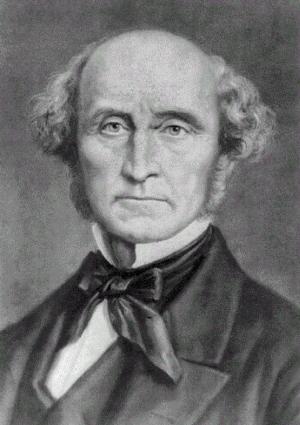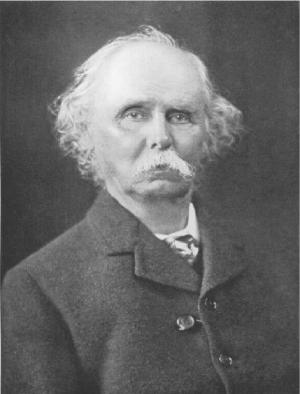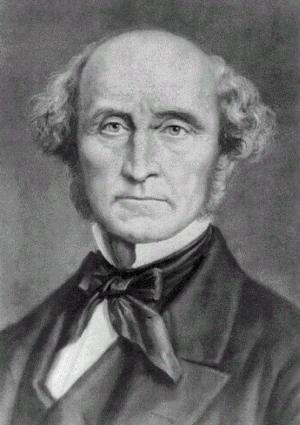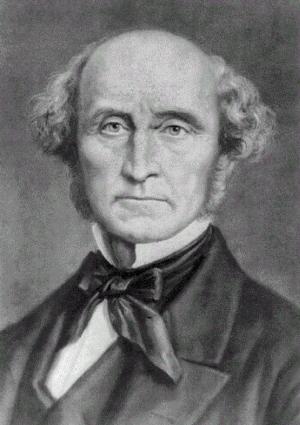Frederic Bastiat on Justice and Fraternity (Illustrated)
Business & Finance, Economics, Macroeconomics, Theory of Economics| Author: | Frederic Bastiat | ISBN: | 1230000276358 |
| Publisher: | AS Team | Publication: | October 24, 2014 |
| Imprint: | Language: | English |
| Author: | Frederic Bastiat |
| ISBN: | 1230000276358 |
| Publisher: | AS Team |
| Publication: | October 24, 2014 |
| Imprint: | |
| Language: | English |
The book has an active table of contents for easy access to each chapter.
Frederic Bastiat was a French political economist, statesman, classical liberal theorist, and the French Assembly. He coined the important economic concept of opportunity cost. His ideas have become the foundation for libertarian and the Austrian schools of thought.
Most of Bastiat’s political writings were done during the years just before and immediately after the Revolution of February 1848 when France was rapidly turning to complete socialism. As a Deputy to the Legislative Assembly, Bastiat explained each socialist fallacy as it appeared and how socialism must inevitably degenerate into communism that it must fail.
In this essay, Justice and Fraternity, Mr. Bastiat introduced the important philosophy about Justice by warning “Either fraternity is spontaneous, or it does not exist. To decree it is to annihilate it. The law can indeed force men to remain just; in vain would it would try to force them to be self-sacrificing. If socialists mean that under extraordinary circumstances, for urgent cases, the State should set aside some resources to assist certain unfortunate people, to help them adjust to changing conditions, we will, of course, agree. This is done now; we desire that it be done better. There is however, a point on this road that must not be passed; it is the point where governmental foresight would step in to replace individual foresight and thus destroy it.”
The same situation exists in many places of the world today as in the France of 1848. Governments in those places love to control the essential social resource under various beautiful terms to gain benefits for a small group of their favourite people at the expenses of majority.
Bastiat’s reasoning still remains as relevant today as it was then. The Essay is already read more than a hundred years and it will still be read for another century due to its truths.
The book has an active table of contents for easy access to each chapter.
Frederic Bastiat was a French political economist, statesman, classical liberal theorist, and the French Assembly. He coined the important economic concept of opportunity cost. His ideas have become the foundation for libertarian and the Austrian schools of thought.
Most of Bastiat’s political writings were done during the years just before and immediately after the Revolution of February 1848 when France was rapidly turning to complete socialism. As a Deputy to the Legislative Assembly, Bastiat explained each socialist fallacy as it appeared and how socialism must inevitably degenerate into communism that it must fail.
In this essay, Justice and Fraternity, Mr. Bastiat introduced the important philosophy about Justice by warning “Either fraternity is spontaneous, or it does not exist. To decree it is to annihilate it. The law can indeed force men to remain just; in vain would it would try to force them to be self-sacrificing. If socialists mean that under extraordinary circumstances, for urgent cases, the State should set aside some resources to assist certain unfortunate people, to help them adjust to changing conditions, we will, of course, agree. This is done now; we desire that it be done better. There is however, a point on this road that must not be passed; it is the point where governmental foresight would step in to replace individual foresight and thus destroy it.”
The same situation exists in many places of the world today as in the France of 1848. Governments in those places love to control the essential social resource under various beautiful terms to gain benefits for a small group of their favourite people at the expenses of majority.
Bastiat’s reasoning still remains as relevant today as it was then. The Essay is already read more than a hundred years and it will still be read for another century due to its truths.















